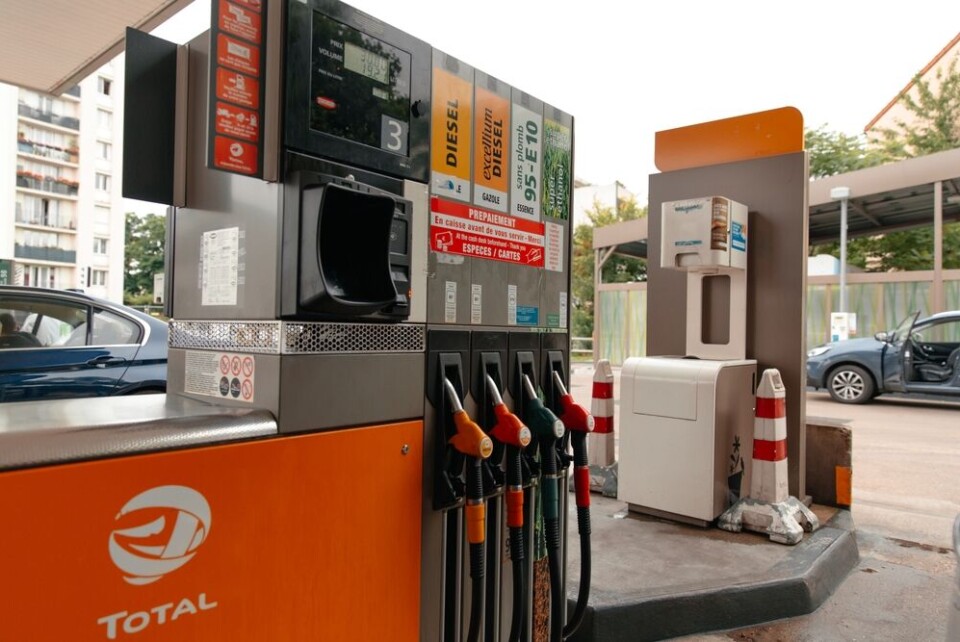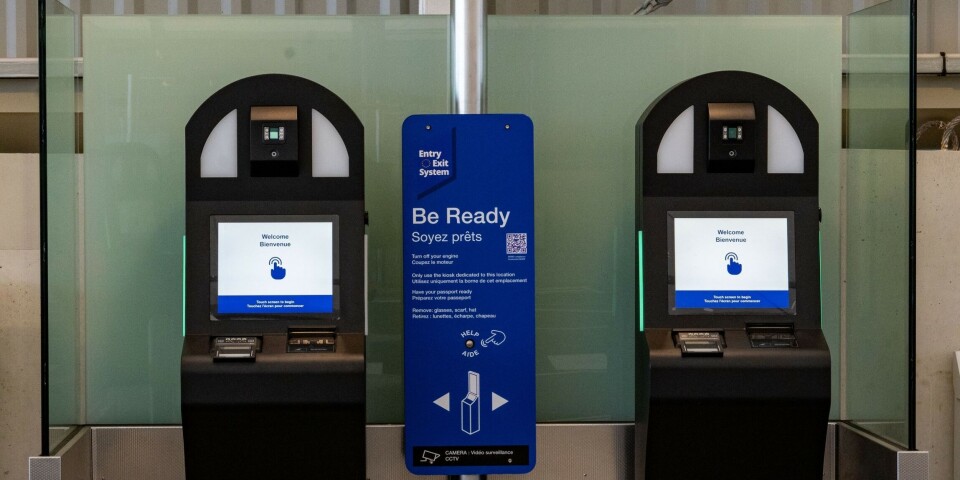-
Death charges claimed by French banks to be restricted
New law passed by the Senate in early summer
-
Electric bike popularity in France opens way for new insurance deals
Number in country rockets as theft policies evolve
-
What is France’s ‘intime conviction’ legal concept used to reach verdict in Cédric Jubillar trial?
Unique approach to murder trial without a body that transfixed France
Increased fuel prices in France turn drivers to gas-powered cars
Gas is almost half the price of petrol and emits less pollution. It was shunned for many years in France due to alleged safety concerns but rules have now changed

Record diesel and petrol prices have seen a rise in popularity of liquefied petroleum gas-powered cars – after years of them being shunned in France.
Average prices for SP95 petrol are now around €1.76/l and €1.71 for diesel – the gilets jaunes protests three years ago were sparked by ‘hikes’ to around €1.53 for diesel. This is linked to crude oil prices and developments in geopolitics, and prices are expected to remain high this year.
Read more: Fuel prices in France at record high and not expected to drop in 2022
Popular in Italy, GPL (gaz de pétrole liquéfié), as it is called in France, is almost half the price of petrol and emits less pollution.
In France, however, when it was first introduced some 20 years ago, fire brigades and councils raised fears that gas tanks in cars could cause explosions.
Some car parks still have old signs banning GPL cars, although changes to safety regulations now mean they are not allowed to enforce this. Now, the growing popularity of the electric alternative also creates competition for GPL.
In spite of the resistance, the number of cars using GPL continues to grow, along with petrol stations offering GPL pumps. Gaz-Mobilite.fr, a website set up by the transport gas industry, estimates that one in four is now equipped.
Rules stating that these pumps could only be operated when the petrol station was staffed were relaxed in 2014. A requirement that GPL tanks must be changed regularly for safety reasons has also been removed and they are now expected to last a car’s lifetime.
Almost 50,000 GPL cars were registered last year, 3% of the market – 25 times more than in 2019. The carte grise registration for these cars is free.
Dacia, the Romanian low-cost brand in the Renault group, is the leading supplier of new GPL cars in France. Last year, nearly one in three cars it sold were GPL, mainly the small Sandero or the Duster off-roader.
“It has been a real selling point for us,” a Dacia spokeswoman said. “People who buy Dacias do so because they are looking for value for money, so it is not surprising this extends to fuel costs as well.”
The brand sold 126,404 cars in France in 2021, of which 36,214 were GPL.
Because of their lower energy density compared to petrol, the cars use up to 20% more litres per kilometre but the price difference means that drivers still save money.
All GPL cars have a small additional petrol tank in case they run out of gas away from a station with a pump. Petrol is also used to start the motor in cold weather.
Renault has two GPL models – the Clio and Captur, a small SUV.
Fiat, which in 2017 said it would offer GPL versions of all its cars in France, now only does so for its small Fiat 500. Neither Citroën nor Peugeot has any.
Another so-called ‘clean’ fuel, E85 petrol, containing a high percentage of alcohol from plant-based sources, is struggling to be accepted by car makers, although the number of pumps selling it has increased. Only Ford, Land Rover and Jaguar offer new models able to run on it.
A growing network of installers is fitting government-approved conversion kits to petrol cars, which theoretically still qualify for manufacturer’s guarantees, but many French garages are reluctant to work on these vehicles.
Related articles:
2022 changes for drivers in France: Higher taxes and speed limiters
A million workers may miss out on €100 French inflation bonus
























